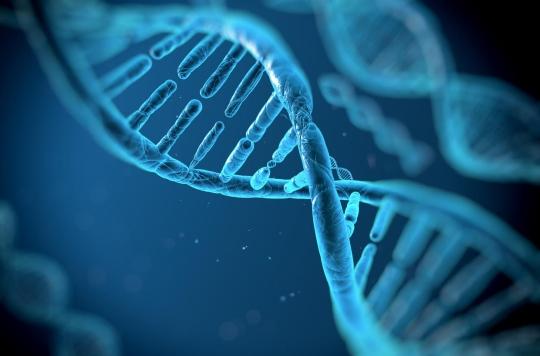While most of the candidates for the presidency of the Republic have embarked on a frantic campaign to seduce voters, a new study could well undermine the impact of all their efforts!

- The first and second rounds of the presidential election will take place on April 10 and April 24, 2022.
- To be able to vote, you must be registered on the electoral lists, be 18 years old and be of French nationality.
Why do some people vote in elections while others abstain? Part of the answer lies in our genes, according to a new study published in PNAS. To reach this astonishing conclusion, the researchers made three genetic samples, from more than 50,000 Americans and Swedes. They then wondered if their “polygenic score” could predict their political behavior.
Polygenic score
Polygenic scores are genetic indicators used to make all kinds of predictions, for example on the probability that a person will develop a particular disease. “After controlling for the polygenic score, the effect of education is reduced by 8 to 17%”, write the researchers. In other words, the polygenic scores of the participants, hitherto known to be associated with the level of studies, are also linked with their propensity to vote.
Cognitive skills
Another lesson from the research: the people who voted the most during secondary elections (the midterms in the United States and the European elections in Sweden) are those who had the highest level of education. “This suggests that cognitive skills may be the third thief that influences the fulfillment of civic duty,” explains the media Slate.fr. Thus, the scientists write: “Our analysis suggests that educational level and cognitive ability combine to explain between 41% and 63% of the relationship between polygenic score and voter turnout.”
.















